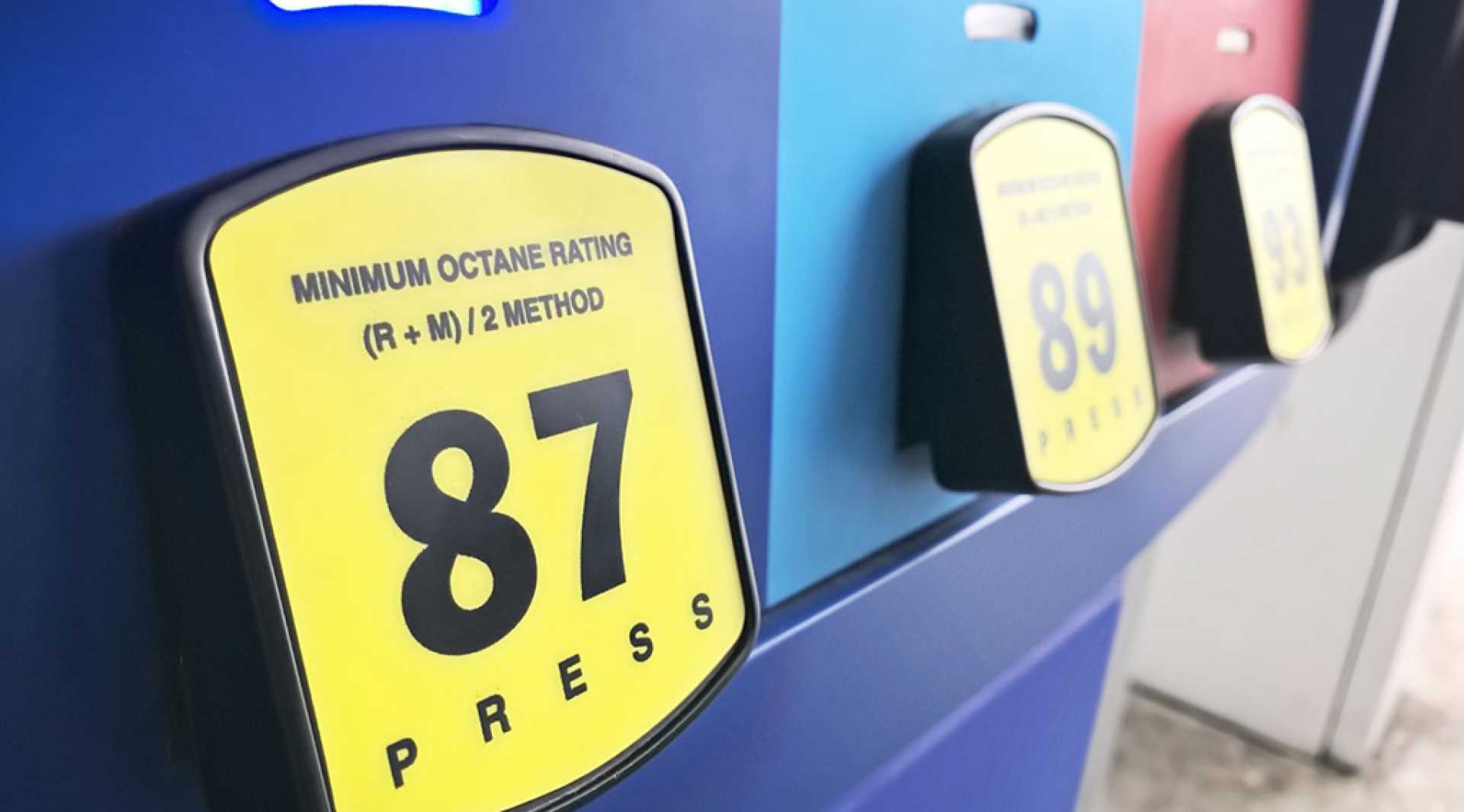News
California’s New Fuel Standards Spark Gas Price Concerns Amid Political Tension

SACRAMENTO, California — California’s new Low Carbon Fuel Standard takes effect on Tuesday, despite intense criticism from Republicans and growing concerns among Democrats about its potential impact on gas prices.
The revamped fuel standards expand a program designed to cut climate-warming emissions and clean the air. According to state officials, these new rules increase requirements for cleaner fuels and broaden the market for credits aimed at reducing emissions from transportation.
Experts have indicated that while there will be no immediate hike in gas prices, the future effects remain uncertain. This uncertainty hinges on how much the oil industry will invest in purchasing credits and how those costs might be passed on to consumers.
The previous fuel standard, implemented in 2011, resulted in a 9-cent increase per gallon. Some analysts estimate that the new standard could raise prices by between 5 and 8 cents per gallon.
Governor Gavin Newsom’s administration is preparing for a wave of political scrutiny as Republicans, particularly Senator Brian Jones, voice their opposition. Jones has called for an audit of the California Air Resources Board, claiming the new regulations are “nothing short of price gouging” that will hurt Californians.
Democrats in the legislature proposed legislation last week aiming to cap the costs of fuel credits to mitigate price spikes at the pump. This measure has found support from Senate President Pro Tempore Mike McGuire, who claimed it would reduce costs for California drivers while still advancing climate objectives.
The California Air Resources Board estimates that the new standard could reduce carbon emissions by 558 million metric tons by 2046, equating to the emissions of more than 120 million cars.
However, skepticism exists regarding these estimates, with critics arguing that some biofuels may not achieve the expected levels of cleanliness. Meanwhile, the new rules have had success in reducing diesel usage in medium to heavy-duty trucks, with the program displacing 25 billion gallons of petroleum fuels over the past decade.
The implementation of the new fuel standard was delayed earlier this year after the state’s administrative law office rejected it, prompting the air board to clarify details. Assemblymember Jasmeet Bains has raised concerns about the economic implications of the standard, urging transparency in the board’s decision-making.
Liane Randolph, Chair of the California Air Resources Board, defended the new standards, arguing that gas prices are currently more than a dollar per gallon cheaper than in previous years due to efforts to increase competition within the fuels market.
In a separate but related issue, California’s gasoline excise tax will rise by 1.6 cents per gallon, effective Tuesday. This tax mainly supports the state’s transportation infrastructure, including roads and highways.












